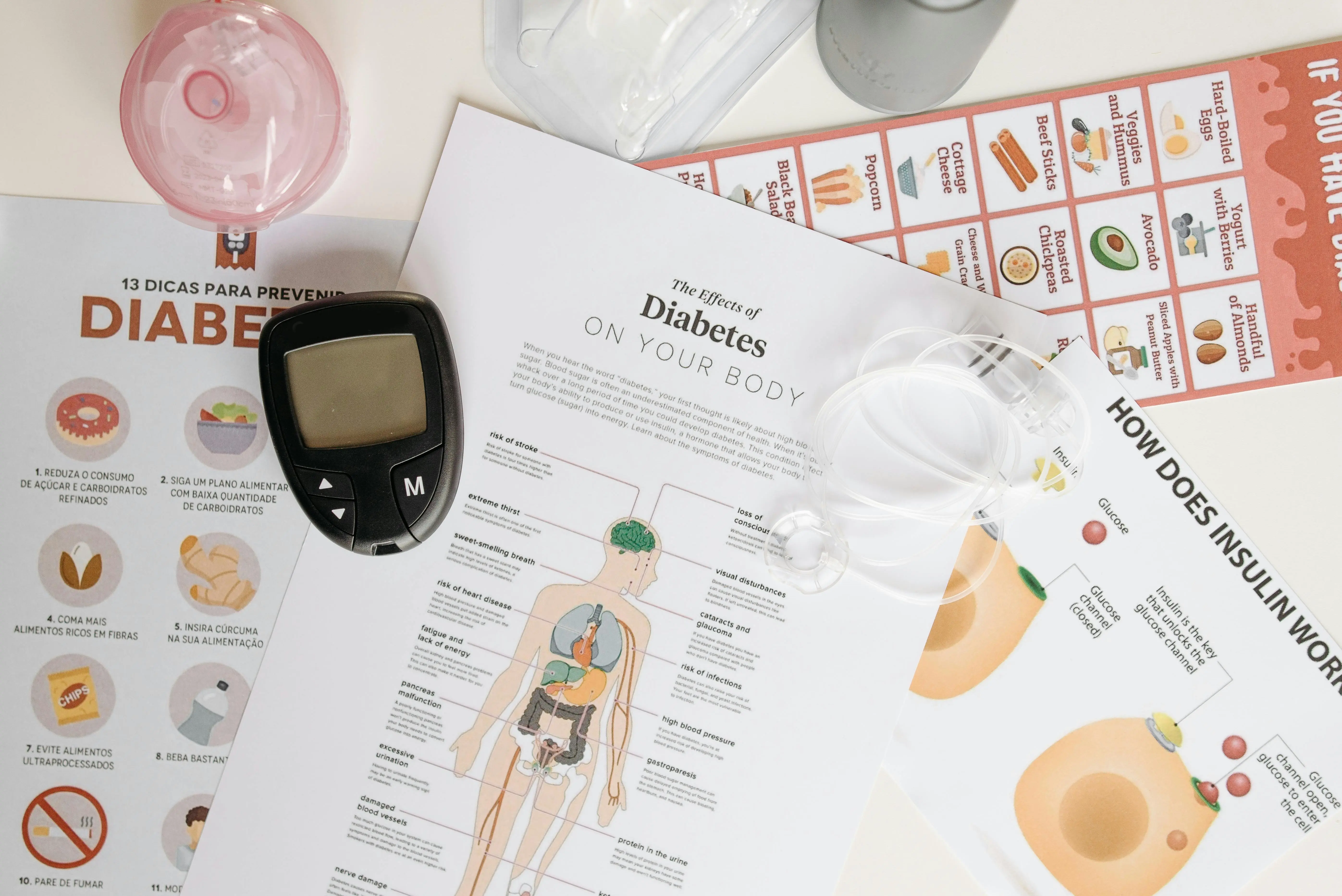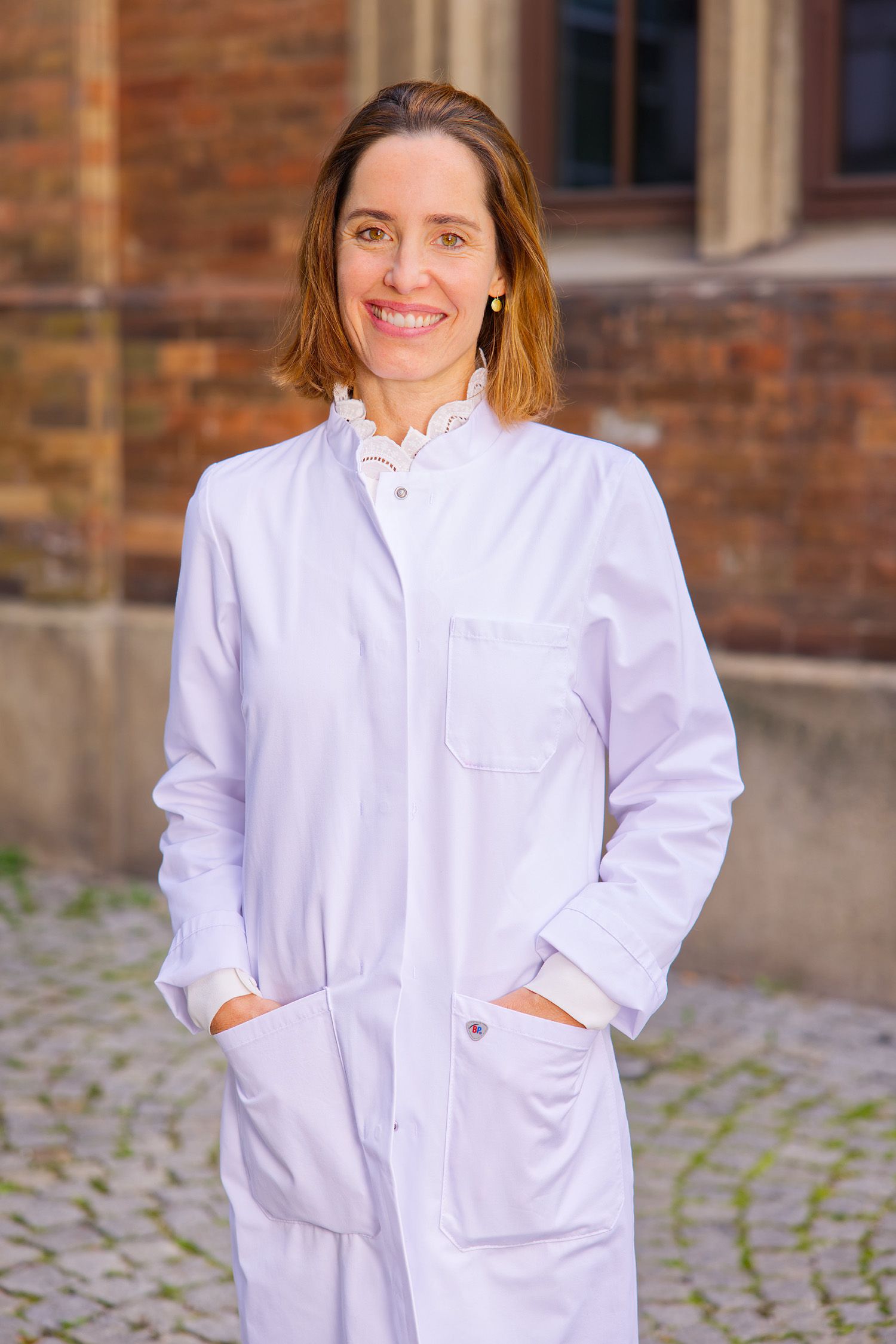They were probably the best-invested 99 euros of her life. And yet Valentina Busik had a moment of doubt when the call to participate in the Miss Germany 2025 election appeared on LinkedIn. Out of sheer curiosity, the doctor clicked the button and was surprised to find that it hadn't been a beauty contest for five years, but rather a female empowerment network that honors women who take responsibility.
"But the registration deadline was in two days, I was sitting in the ICE with a freshly broken shoulder, and then you also had to upload a video explaining your mission," the dermatologist recounts. "I wasn't in good shape at all."
But as the saying goes: Necessity is the mother of invention. Valentina Busik simply let her AI avatar speak for her. "It introduced me, explained what I was working on, and how I envision my future. I ended my video with the sentence: And if I was able to convince you, feel free to invite the real Valentina now."
No sooner said than done. That was a year ago, and since then, the 28-year-old not only won the title of Miss Germany in February 2025 but also received her doctorate in medicine in May.
Which title is more important?
In their respective fields, both titles are very important. In medicine, the doctorate plays a much larger role, but when it comes to my mission, the fame and network that the Miss Germany election has brought me are priceless.
What exactly is your mission?
I fight for understandable medicine – so that no patient leaves the doctor's office with more questions than before. Regardless of the level of education, emotional capacity, diagnosis, or origin with which people enter a practice, everyone should be equally well-informed in the end.
And how do you intend to achieve this noble goal?
With the help of a doctor avatar, a digital figure based on artificial intelligence that any doctor can have created of themselves. This avatar explains basic knowledge in educational videos about operations or treatments, which are made available to patients via tablet in the waiting room even before the actual doctor’s consultation. And in all languages and easily understandable, without foreign words.
Are avatars supposed to replace doctors?
No, quite the opposite. It's about informing patients comprehensively in advance. Let's be honest, when you come to a clinic, you usually already have your diagnosis, but a thousand open questions. And at a university hospital like in Giessen, where I worked, as a doctor you have an average of 15 minutes per patient consultation – whether it’s about cancer or neurodermatitis.
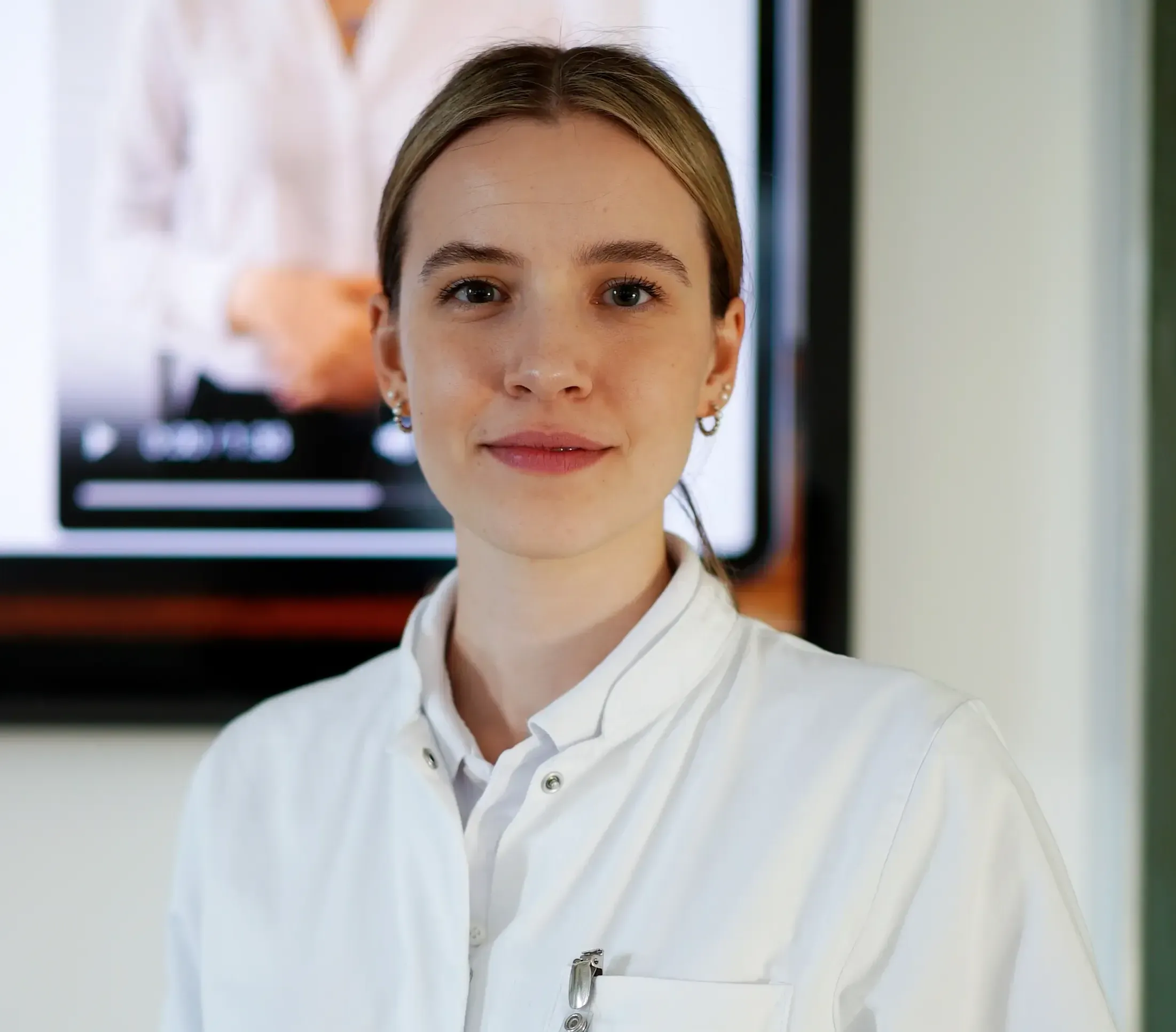










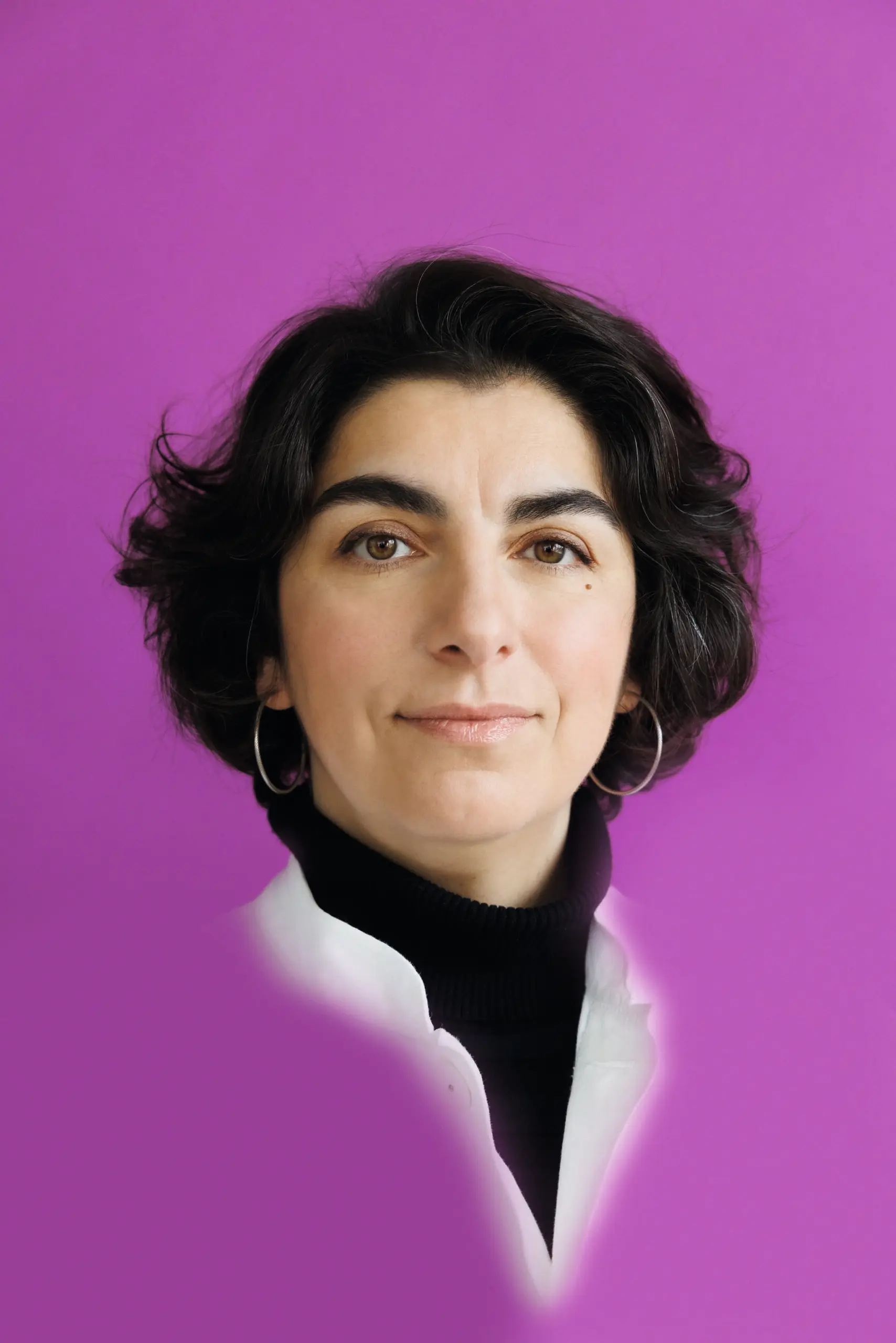
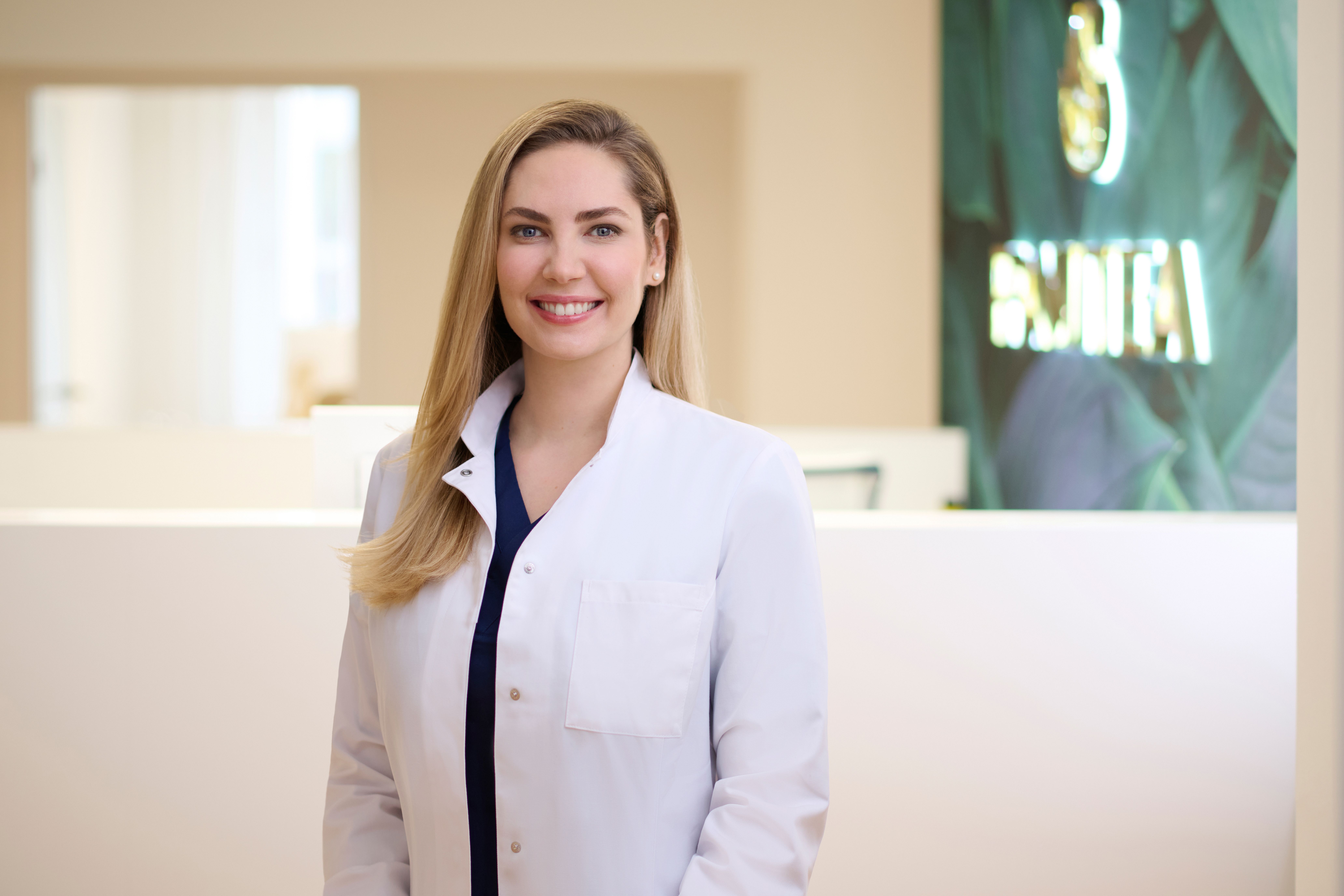

_1500x2250_150_RGB-2.webp)

